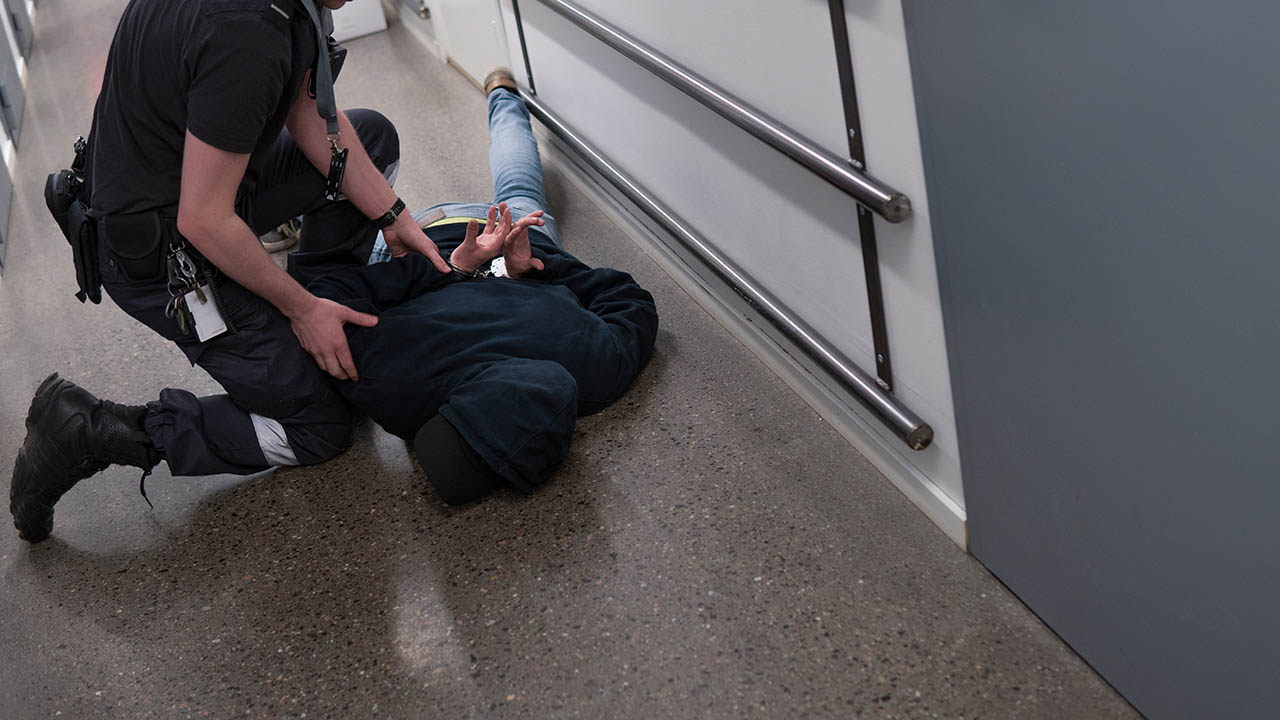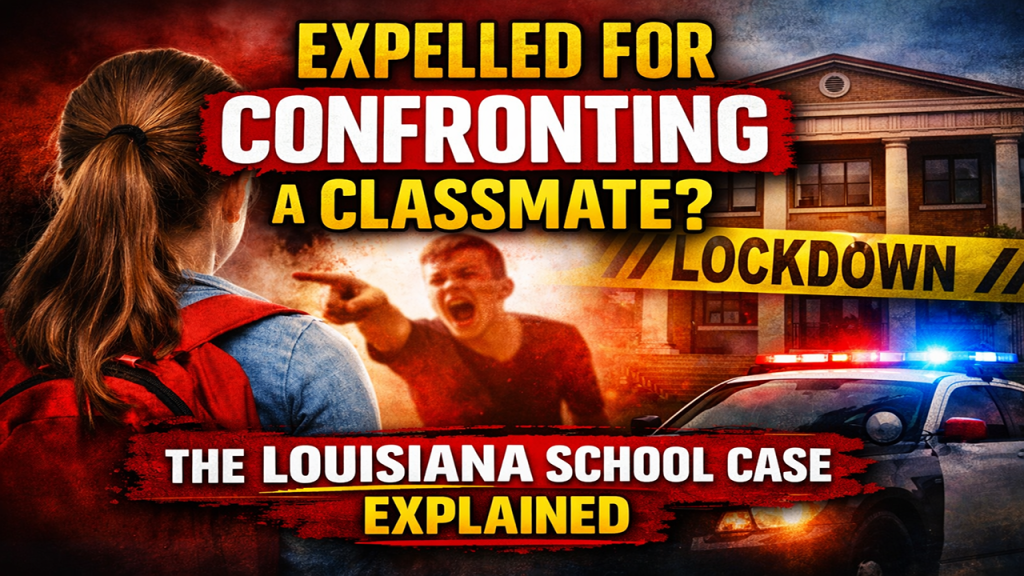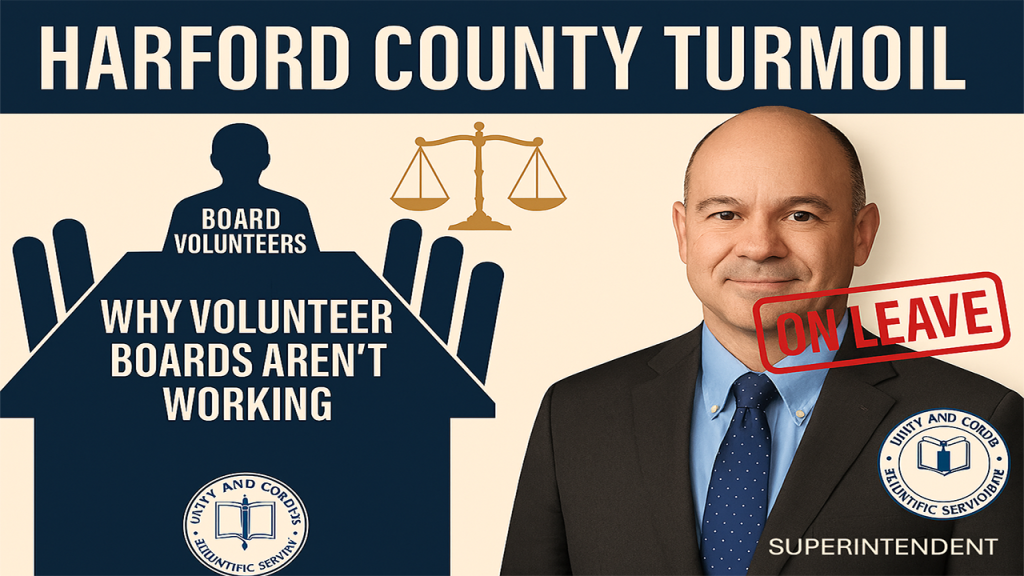

The Hidden Cost of Metal Detectors and Cell Phone Bans in Schools: A Punch Heard Around the Country
The October 16 incident at Firestone High School in Akron, Ohio, has sparked national conversation about the enforcement of school security measures and the role of school resource officers (SROs). What began as an attempt to direct a student through a metal detector ended with the student being punched multiple times by a police officer—a moment captured on video that has since gone viral. This event raises critical questions about balancing school safety policies and the appropriate actions of officers in such situations.
The Incident: What Happened?
The video footage reveals a 16-year-old student bypassing the school’s metal detector and repeatedly refusing instructions to comply. According to reports, the student was carrying a cell phone, a violation of school policy. After several failed attempts to guide the student through the metal detector, two officers attempted to detain him. During the struggle, one officer punched the student in the head several times, later citing concerns about losing control of the situation or other students getting involved. The student was ultimately charged with resisting arrest, obstructing official business, and trespassing; however, these charges were later dropped .
Akron Public Schools and city officials have strongly condemned the officer’s actions. Superintendent Dr. Michael Robinson called the incident “unacceptable” and announced a review of safety policies. Meanwhile, the officer has been removed from the SRO program and placed on administrative duty, with the city working to assign a new SRO to Firestone High School.
Policies and Their Consequences
This case highlights the challenges of enforcing school safety measures like cell phone bans and mandatory metal detector screenings. Ohio’s House Bill 250, passed earlier this year, requires schools to adopt policies addressing student cell phone use by July 2025, emphasizing minimal use during school hours. While the law doesn’t mandate cell phone bans, it exemplifies the growing push to limit or outright ban call phones in schools.
However, the Akron incident raises serious questions: Are these measures worth the potential costs? What happens when students defy rules, as this student did? Is physical restraint and/or enforcement on the table? For everyone who advocates stricter security policies, this shows what enforcement looks like.
Metal detectors and SROs have their place in maintaining safety, but they also bring risks. Critics argue that these measures create a prison-like environment and can harm students’ mental health. Supporters counter that they are necessary to prevent incidents like weapons entering schools. Yet, as this case shows, enforcement often falls into a gray area, with unclear boundaries between maintaining order and overreach. Are cell phones against the law?
Did the SRO Follow His Training?
An unanswered question in this incident is whether the officer followed proper training and protocols. As someone outside the field of law enforcement, I cannot definitively judge the SRO’s actions. However, if he acted outside his training or allowed emotions to dictate his response, accountability must follow. Officers tasked with managing students must strike a balance between firmness and de-escalation, especially when dealing with minors. It did appear on the video that the officer was simply redirecting him back through the metal detector and the student was physically trying to physically get around the officers.
For critics who say, “He’s a child; no child should be treated like this,” I encourage them to consider the video and offer alternative solutions. The student repeatedly refused to comply with school rules and directions. What should the officer have done? Ignoring the behavior could undermine the authority of both the officers and the school’s policies. But punching a non-compliant student raises equally valid concerns about professionalism and proportionality.
Broader Implications
This incident also spotlights the broader role of SROs and the policies they enforce. While courts in many states, including Ohio, have upheld the legality of metal detectors under the Fourth Amendment, their implementation remains contentious. Critics argue that school security should focus on relationship-building, mental health support, and anti-bullying initiatives rather than punitive measures. Akron Superintendent Robinson emphasized this in his remarks, calling for a reevaluation of safety policies and the distinction between “school security vs. street policing.”
Enforcement of policies like cell phone bans and metal detectors must be deliberate and aligned with the needs of students. The Akron case is a reminder that the policies themselves—and how they are enforced—can have lasting consequences for school communities. As we argue for safer schools, we must ensure our solutions do not come at the expense of the very students we aim to protect.
Moving Forward
Whether this officer’s actions were consistent with training remains to be seen, and the broader conversation about school security must continue. This incident challenges us to ask: Are we comfortable with the realities of enforcement for stricter school policies? And if not, how can we create a safer school environment without resorting to measures that risk alienating or harming students?
As Akron’s school board president, Diana Autry, aptly stated, “Now is the time to re-evaluate our safety policies, practices, and attitudes towards our children.” For everyone advocating stricter measures, the Akron case is a clear example of the trade-offs involved. We must ensure that the pursuit of safety does not overshadow the need for accountability, fairness, and respect within our schools.
Dig Deeper With Our Longreads
Newsletter Sign up to get our best longform features, investigations, and thought-provoking essays, in your inbox every Sunday.
The MEN was founded by John Huber in the fall of 2020. It was founded to provide a platform for expert opinion and commentary on current issues that directly or indirectly affect education. All opinions are valued and accepted providing they are expressed in a professional manner. The Maryland Education Network consists of Blogs, Videos, and other interaction among the K-12 community.
Recent Video
Recent Articles
No results found.










